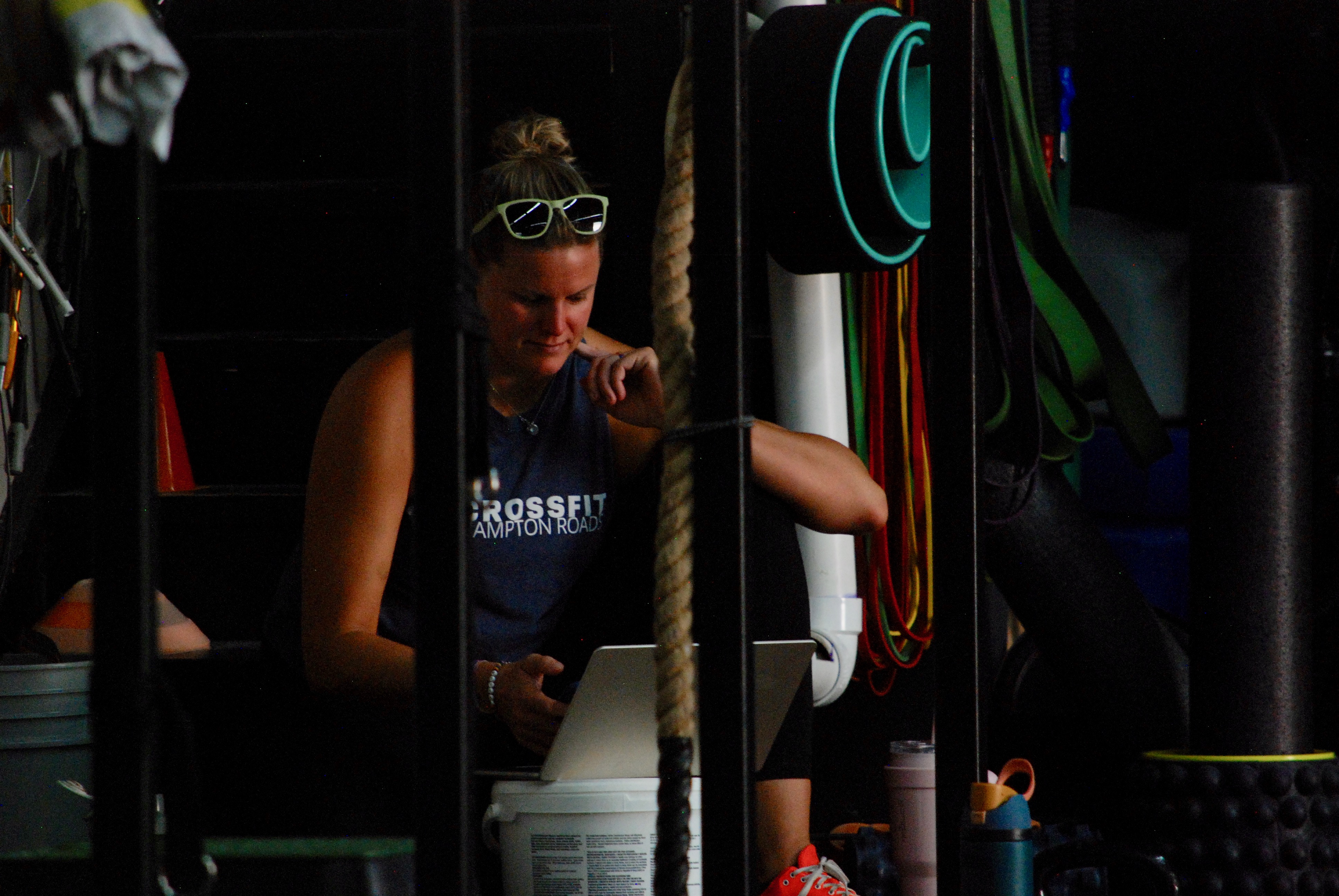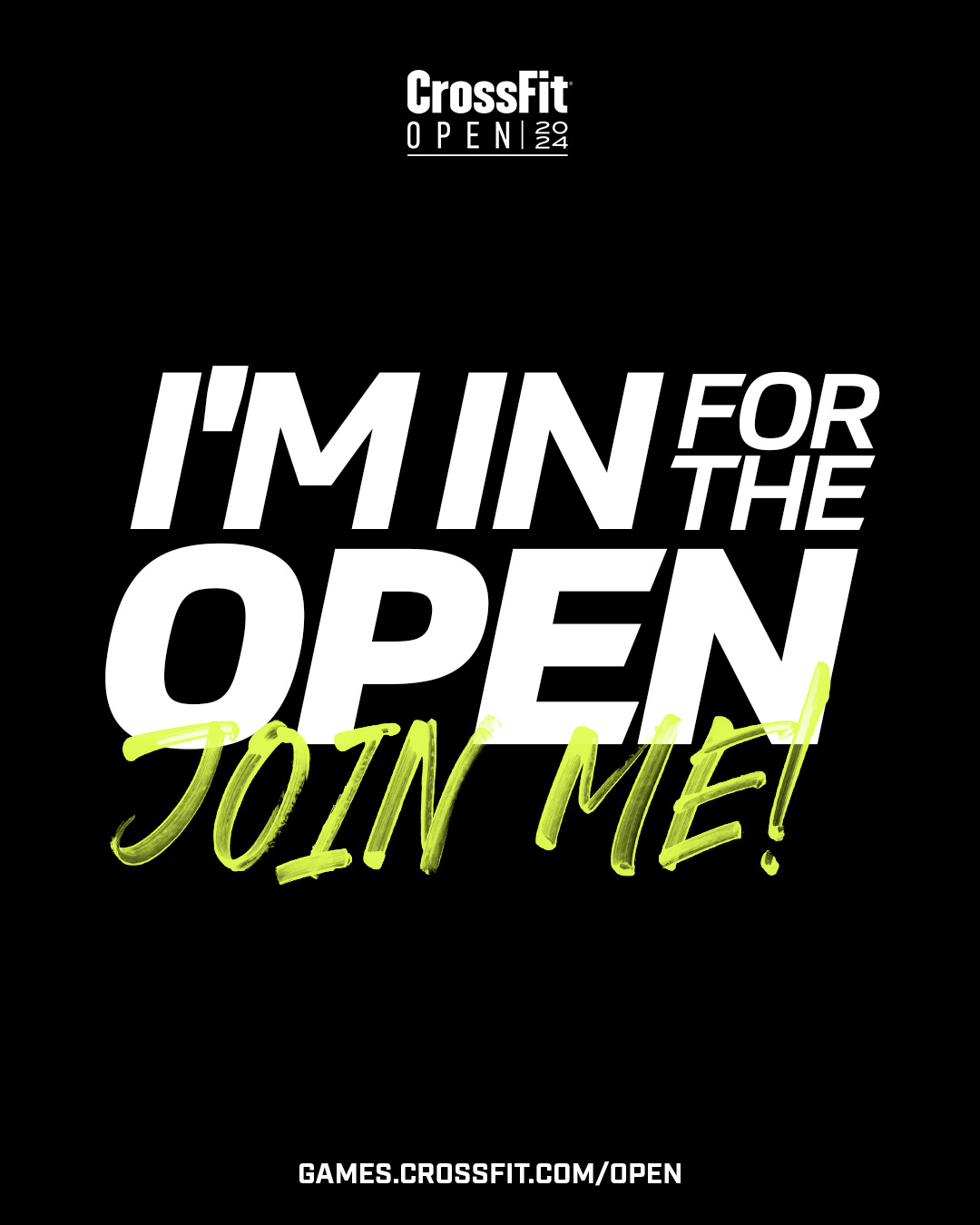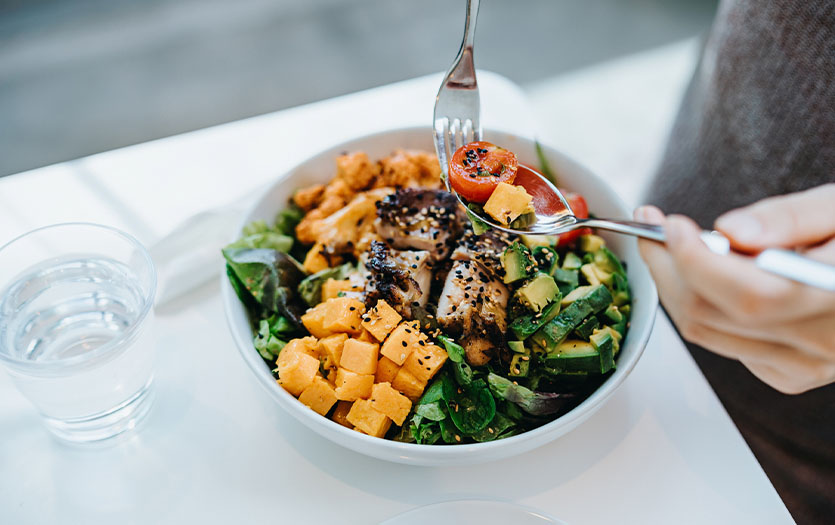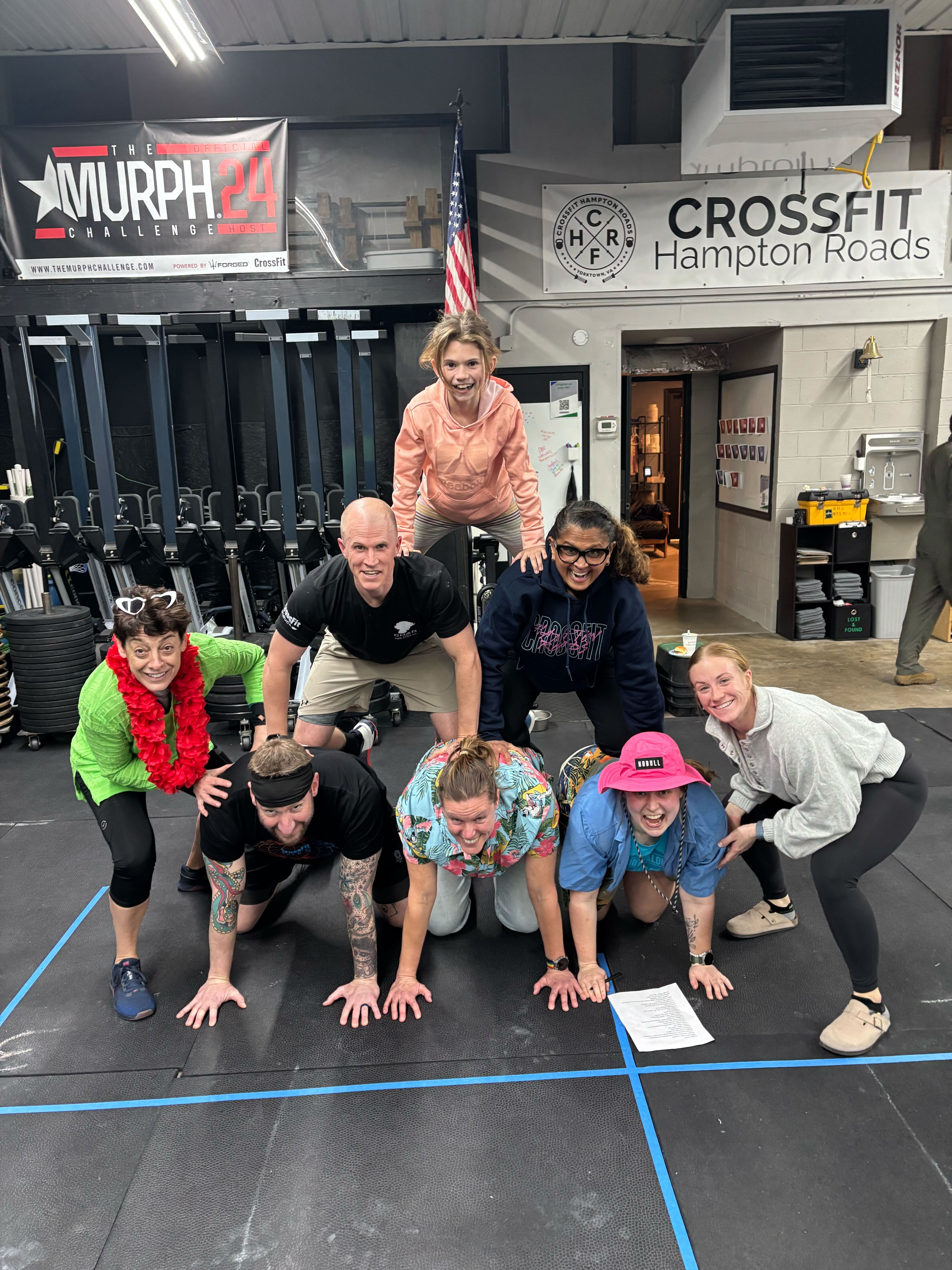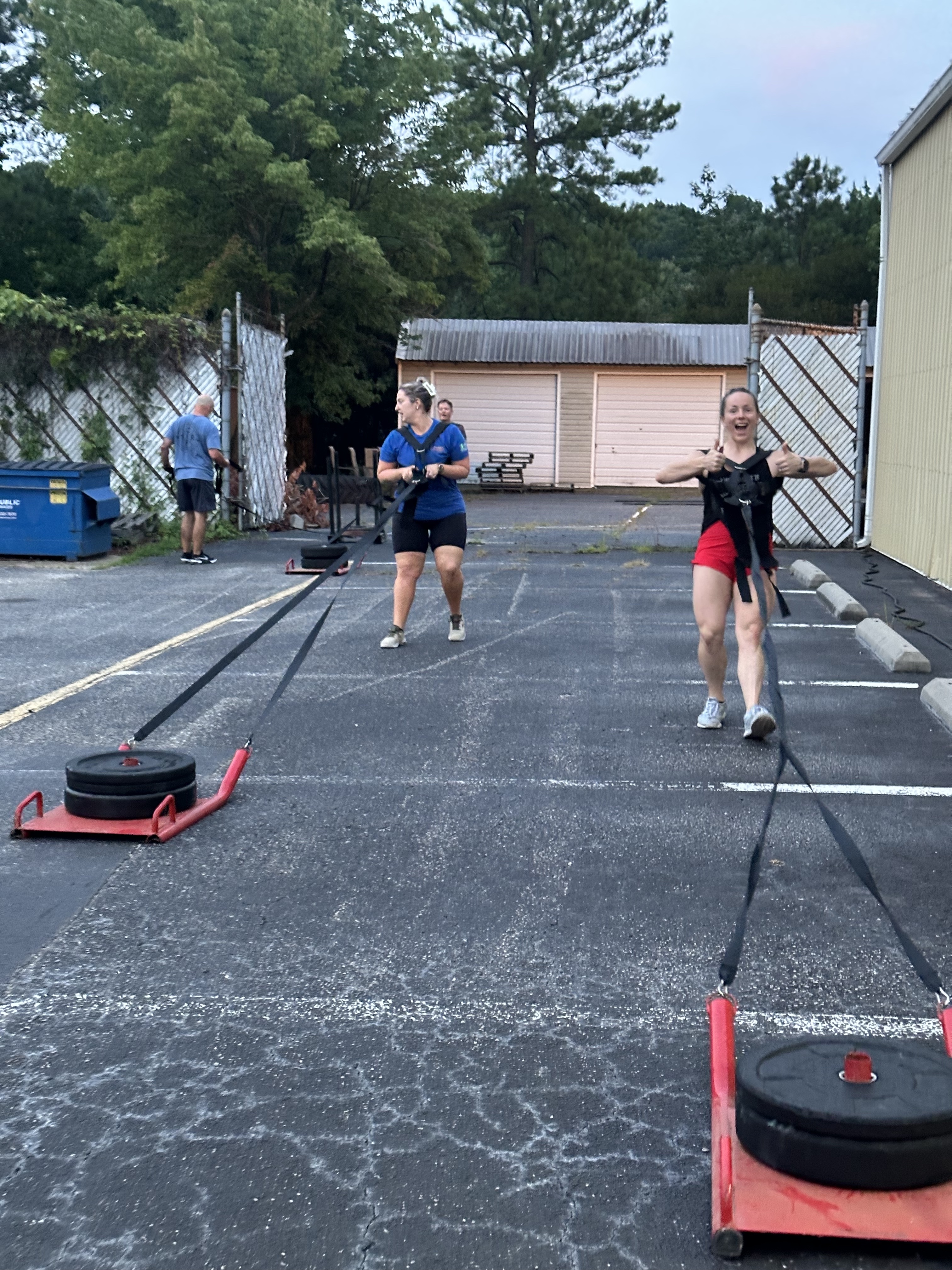By clicking “Accept All Cookies”, you agree to the storing of cookies on your device to enhance site navigation, analyze site usage, and assist in our marketing efforts. View our Privacy Policy for more information.
If You Don’t Measure It, You Can’t Change It: Why Tracking Your Food Matters
Track your food like you track workouts. Small snacks add up—awareness helps you lose fat, gain muscle, and boost health.
By
August 8, 2025

At CrossFit Hampton Roads in Yorktown, we talk a lot about tracking your workouts—your PRs, your weights, your times. Why? Because if you don’t measure it, you can’t improve it.
But here’s the truth: the same logic applies to your nutrition.
If you're serious about living a healthier life—whether that means losing body fat, building muscle, or improving your blood pressure, energy levels, or cholesterol—then tracking your food is one of the most powerful tools you have.
You Track Your Finances. You Track Your Workouts. Why Not Your Food?
Think about how you manage money. Most people who want to get out of debt or build wealth track their expenses. You wouldn’t go on a financial savings plan without knowing how much you spend, right?
Now apply that same mindset to your nutrition.
You want results—whether it’s feeling stronger in the gym, fitting into your jeans, or getting off a medication—but if you’re not keeping track of what you’re eating, you’re guessing.
And guessing isn’t a strategy.
Tiny Snacks, Big Impact
Let’s say you're trying to lose body fat and you’re in a calorie deficit (burning more calories than you consume). You're eating clean, working out, and doing your best.
But then… you grab a handful of nuts after lunch. A little cheese while making dinner. Maybe a couple bites of your kid’s mac and cheese. Seems innocent enough, right?
Those 1–2 small snacks—just 150 calories each—can completely erase your calorie deficit for the day. Not because you’re doing anything “wrong,” but because you're not aware it’s happening.
Tracking helps you stay honest. It shows you where those sneaky calories add up and helps you make better, more informed choices without guessing.
It’s Not Just About Weight Loss
At CrossFit Hampton Roads, we don’t just train people to look better—we train people to live better.
Food tracking supports:
- Muscle gain: You need enough protein and calories to build muscle. If you’re not tracking, you might be falling short and stalling your progress.
- Energy management: Feeling tired all the time? It could be your food. Tracking helps you see trends and make adjustments.
- Improved biomarkers: Things like blood sugar, cholesterol, and inflammation are directly affected by what (and how much) you eat.
Tracking your intake gives you data—real, actionable data—that empowers you to adjust and improve your health from the inside out.
Tracking Isn’t Forever—But It’s a Game Changer
The goal isn’t to track every bite forever. But doing it for a period of time helps build awareness and establish patterns that support your goals. It’s like using a GPS to learn a new route. Eventually, you won’t need it—but it sure helps at the beginning.
Start Small
You don’t have to get it perfect. Just start:
- Download a simple tracking app like MyFitnessPal or Cronometer.
- Track what you eat without judgment for 3–5 days.
- Notice trends—are you eating enough protein? Too many random snacks?
That awareness is powerful. And from there, you can make intentional changes that lead to lasting results.
Final Thoughts: Take Control of Your Nutrition
Tracking your food isn’t about restriction—it’s about awareness. At CrossFit Hampton Roads in Yorktown, we help busy adults take control of their health. Nutrition is a huge part of that.
So whether you're trying to drop body fat, build strength, or just feel better in your own skin, remember:
If you don’t measure it, you can’t change it.
